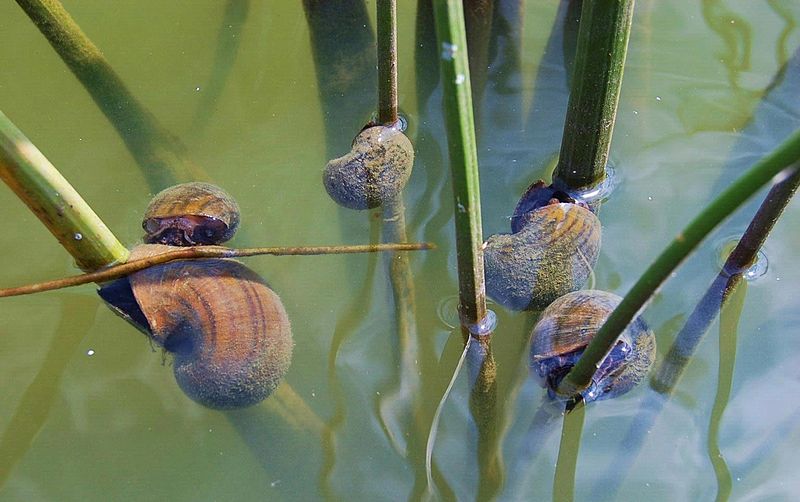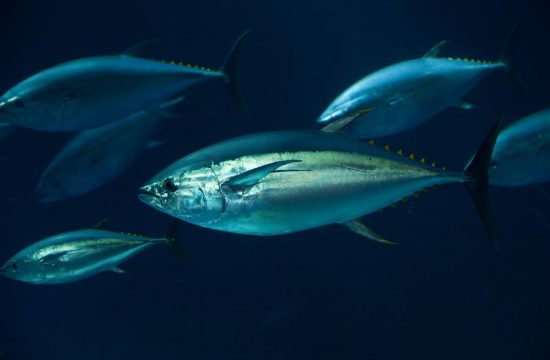Commonly available eco-friendly plants and materials can be used to trap rice-crop-invading snails in place of chemicals, according to new research in the Pertanika Journal of Tropical Agricultural Science.

Invasive apple snails were introduced into Malaysia from South America around 1991. They can be used as a food source for humans and to keep aquariums clean, but are not always effective. Many apple snails were discarded into the wild, establishing them as a major pest, feeding on young rice seedlings and causing widespread damage to and sometimes complete loss of rice crops. Farmers spend considerable money on chemical molluscicides to deal with these pests, but they are non-specific to apple snails and can be damaging to the environment.
Researchers from Malaysia tested the use of commonly available eco-friendly materials placed around a rice field in northwestern peninsular Malaysia to trap apple snails. These snails have receptors that are sensitive to chemical stimuli such as the strong odour of rice crops. It is thought that these same receptors also lead the snails to other scented materials, making it easier for farmers to collect and destroy them.
[pullquote]The team found that when damaged pomelo fruit or the skin of jackfruit are placed in small containers around the rice field, they act as strong attractants to the snails.[/pullquote]
The team found that when damaged pomelo fruit (which resembles a giant grapefruit) or the skin of jackfruit (the world’s largest tree-borne fruit) are placed in small containers around the rice field, they act as strong attractants to the snails. The other materials used – tapioca leaves, water spinach leaves, and old newspaper – also attracted the snails but to a lesser degree. The team also found that fresh materials, replaced once a week, were better at attracting the snails than leaving the materials to rot. The team believes apple snails may be more attracted to pomelo and jackfruit because of their stronger fragrance.
The study, published in the Pertanika Journal of Tropical Agricultural Science, highlights the potential and effectiveness of fresh, mainly plant-based traps to manage invasive apple snails. The materials are readily available and cost-effective for farmers, the study’s authors say, and can serve as a good alternative to commonly applied hazardous chemical control techniques.









